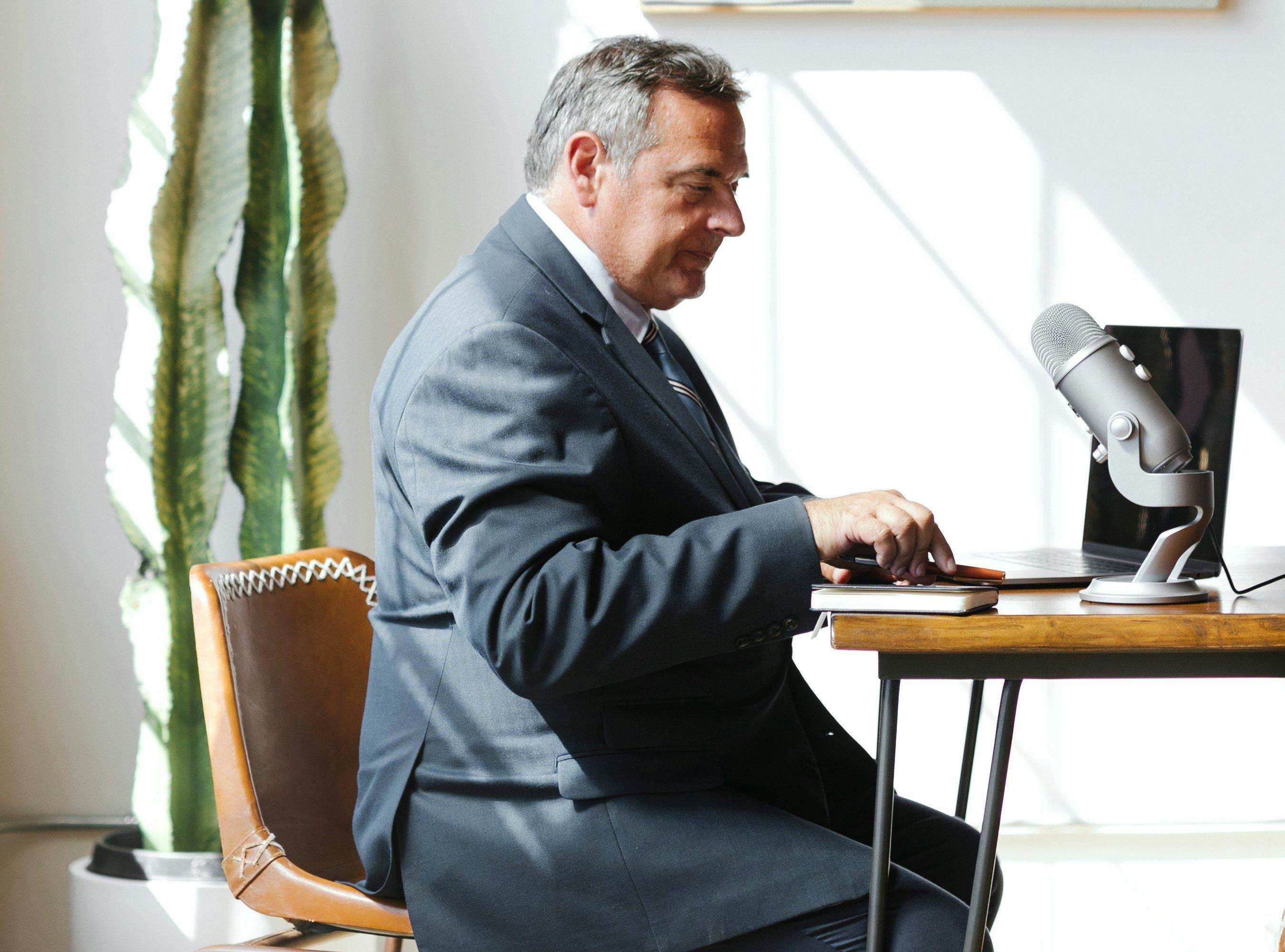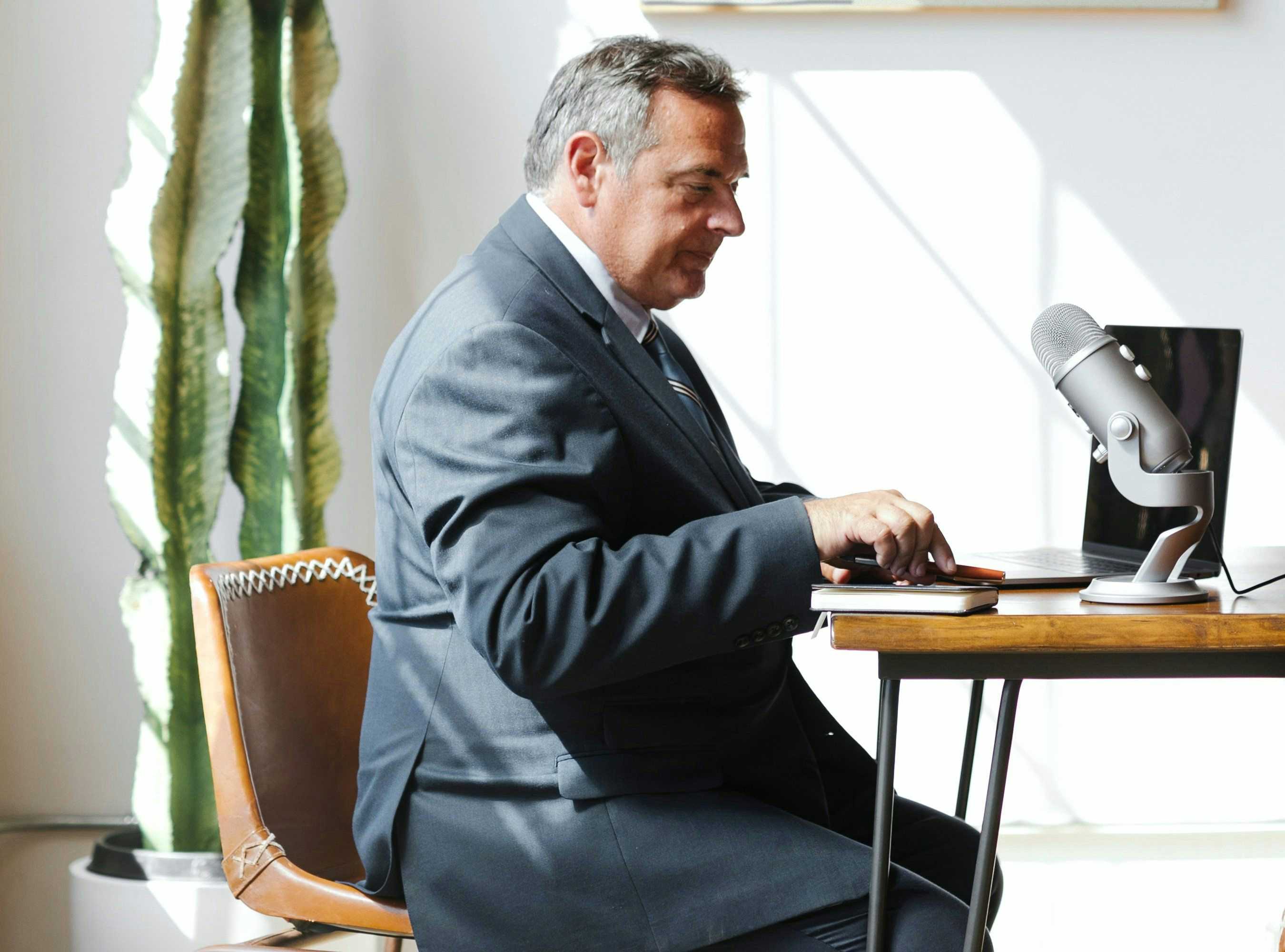Busy lawyers and the expert witnesses they hire can’t always meet in person during the selection process, case preparations, or trial. As the case gets going, scheduling in-person meetings with an expert can be a tough proposition. An expert you are considering for a case may be located across the country. Hectic schedules may prevent you or them from even driving across town for in-person meetings.
Thankfully, conference calls, video chats, and online meetings are great tools for bridging distances and having productive, remote meetings. Though these communications vehicles may seem so commonplace today that you hardly give them a second thought, some basic planning, techniques, and an understanding of the remote communications options can net you dividends while working with a remote expert.
Remote Expert Interviews
Experts are frequently needed in modern litigation to explain technical and complex issues to a jury. Your case can heavily depend on how effective the expert you choose is inside the courtroom or during depositions. When you can’t meet in person to see if you want to hire them, there are a few things to consider to be sure you get what you want out of the remote meeting.
The Importance of Visuals
If you were meeting in person, you would get to look the expert candidate in the eye and get a feel for their believability and trustworthiness in the eyes of the jury. You could easily evaluate their demeanor, body language, and communication style.
When you can’t swing a face-to-face meeting, conference calls will only give you verbal inputs for your decision. You don’t get any visual clues as to how the person might come across during testimony in a courtroom. Do they make steady eye contact? Any unusual hesitance or surprising arrogance when they speak? Insight into these aspects of their communication skills is important when making the decision whether or not to retain them.
Video Conferences
Given these blind spots in conference call interviews, a video conference is likely a better way to go.
There are many video-call options available. GoToMeeting, WebEx, Zoom, and Skype are just a few of the many reasonably priced video options for your expert witness interviews. Give the expert a few minutes to get comfortable knowing they are “on-camera” then start your visual, verbal, and knowledge assessment.
If you must rely on a conference call when selecting an expert witness, be sure to listen for tone and the kinds of words they use. Ask a question you might use during their testimony and discern if you feel a layperson on a jury would understand what they are trying to convey.
Case Preparatory Meetings
Remember you are also selecting an expert witness that you can work well with during case preparations. You will need their expertise to design the strategy and narrative of your case. You’ll want to see what their personality is like and if they can easily establish rapport with you (and ultimately, the jury). Conference calls can be okay for making these kinds of determinations. But again, so much of communication is nonverbal.
Run an Efficient Online Meeting or Call
In your line of work, time is money, and you always feel short of time. It’s important to run an efficient online meeting or conference call. Here are a few tips to help you run a productive remote meeting.
- Have an agenda and send it out with the meeting invite.
- Send any materials you want to discuss to the expert a few days ahead of time so they can review prior to a conference call or video conference.
- Make sure the expert won’t have problems logging on to an online meeting that will delay the start of the meeting. Perhaps have your assistant guide them on what app they’ll need to “run” or download before the meeting.
- Use the record option if you think it will help you or your expert with later preparations.
- Be sure you send the recording in a secure manner.
Be Prepared for More Remote Meetings
Your expert witnesses must have the exact specialized knowledge you need to win cases. The world is a smaller place now and the exact expert you may need can be located anywhere in the world. As such, you should expect remote video conferencing and conference calls to be the norm for more of your “meetings” with expert witnesses. We hope you will consider the practical tips in this article as you hone your skills for navigating productive remote meetings with expert witnesses.




